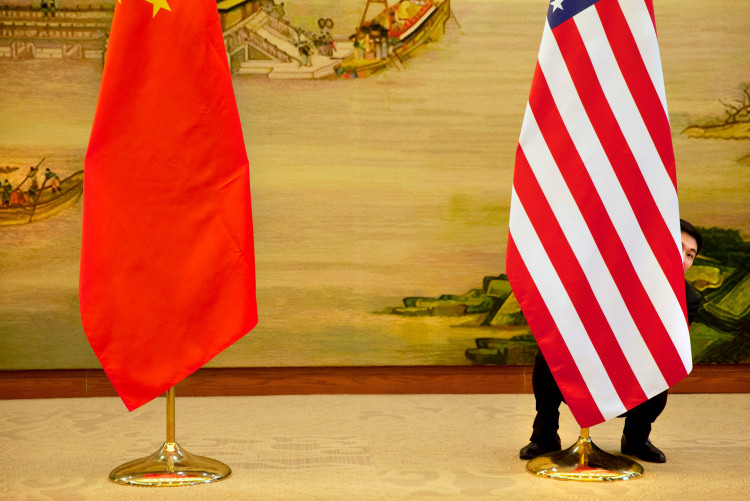The United States has drawn flak from the office of China's foreign ministry for putting the blame on the Xi Jinping admin with regards to the cancellation of security talks initially planned to take place this month, undermining the gravity of the trade spat issue currently going on between the two global economies.
Citing the statement made on late Wednesday the Foreign Ministry's spokesperson, Hua Chunying, the South China Morning Post report indicated that a certain high ranking US official purportedly said that Beijing was the one behind the delayed talks.
The office of the ministry has since clarified that the Western remark was based on nothing but distorted facts. Even more so, making such a statement was completely irresponsible in the part of the US which the ministry has a hidden motive in the midst of this security fiasco.
Last week, a senior US official said that China was the one who called off the security meeting planned this October with US Secretary of Defense, James Mattis, which inevitably drew ire from the Chinese government.
According to Hua, it's actually the White House who told Beijing that it hoped to postpone the China Diplomatic and Security Dialogue.
Moreover, a previous report from Business Times said that Pentagon opted to cancel the plan following China's decision to pull off naval chief, Vice Admiral Shen Jinlong, from a meeting in Newport, Rhode Island.
As pointed out by the news outlet, Mattis' China trip was never formally laid out in the first place, suggesting that Pentagon was really having some second thoughts to send its own top brass.
Hua reiterated in her statement that concerned parties should refrain from making up information and spreading such baseless claims.
Mattis, on the other hand, made it clear in his speech made during the recent United Nations General Assembly in New York that despite all these talk cancellations, there's still no reason to assume that the China-US bilateral relations have already gone to its worse.
The fact remains though that China and US are both locked against each other in this whirlwind of trade conflict which has further escalated with Trump's newest tariff policy and China's own stiff retaliatory import tax rate.
For Mattis, it's never too late to mend these ties. What remains to do now is to manage the relationship and sort out issues that could impede its development.
US Secretary of State Mike Pompeo meanwhile believed that his trip to China this weekend is in itself an opportunity to quell the tensions between Beijing and Washington.





